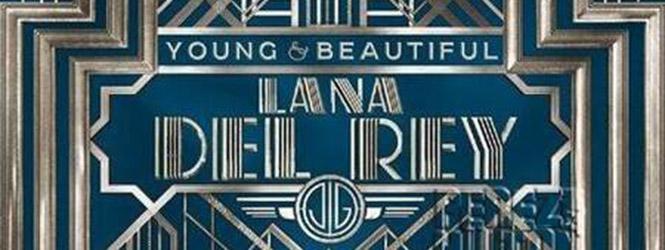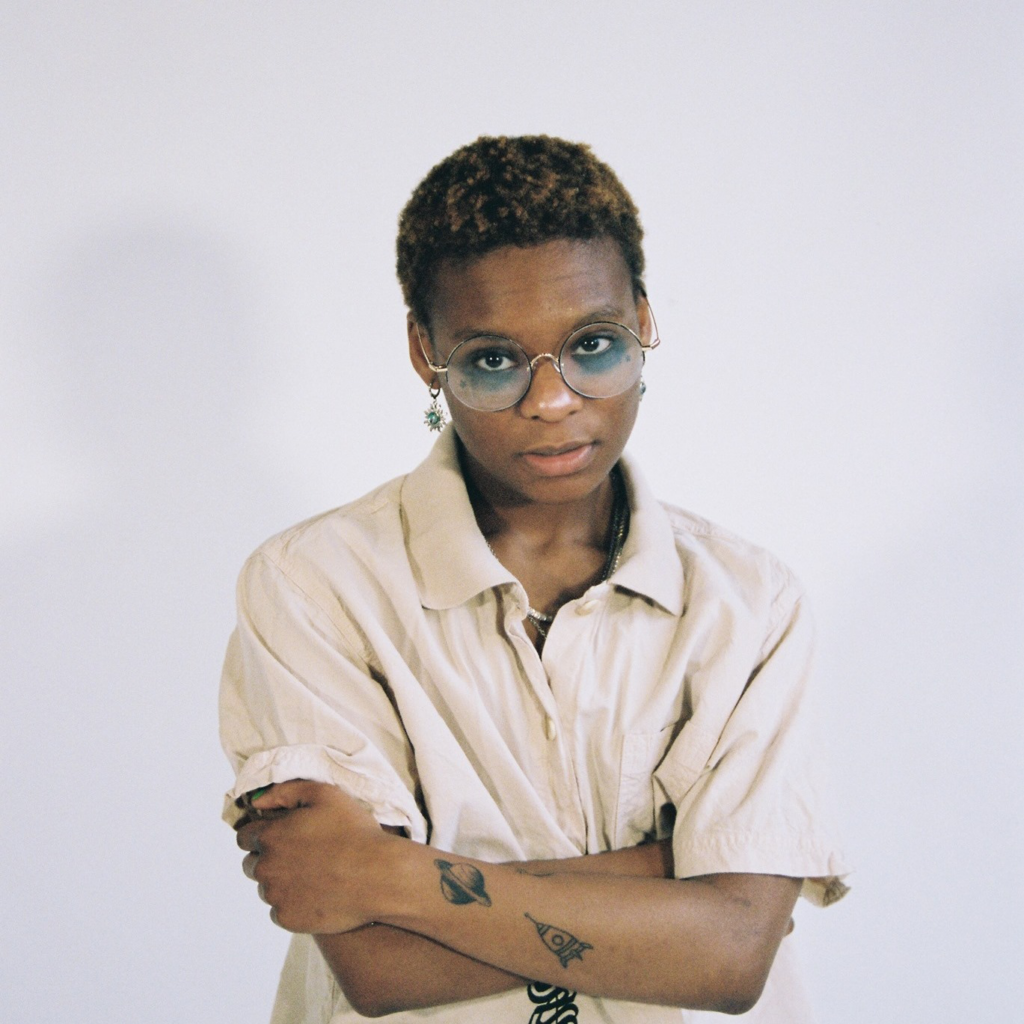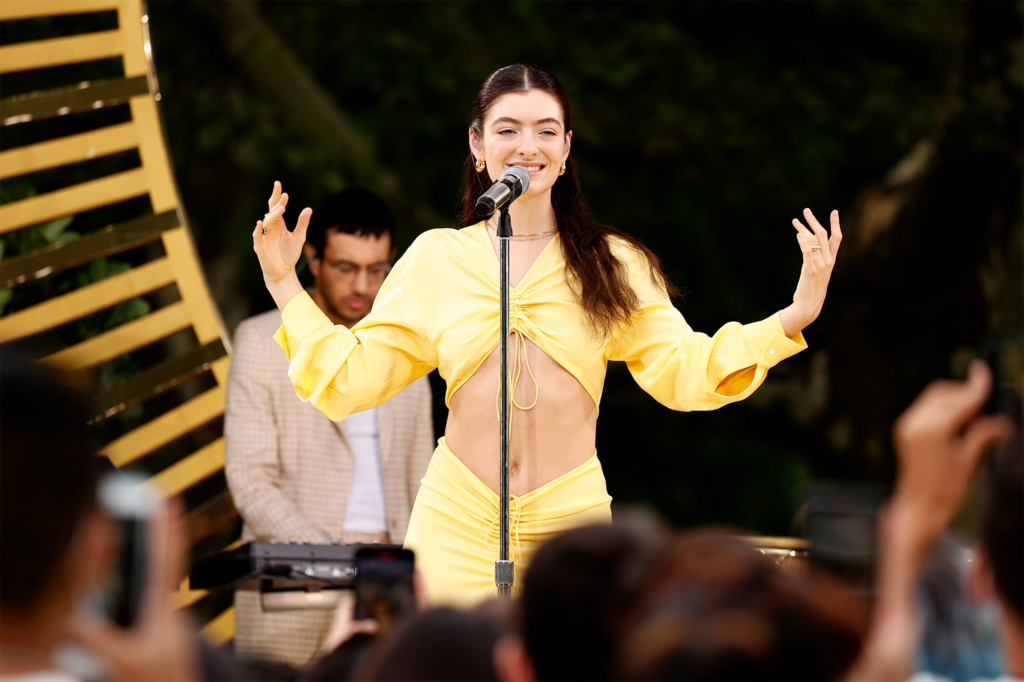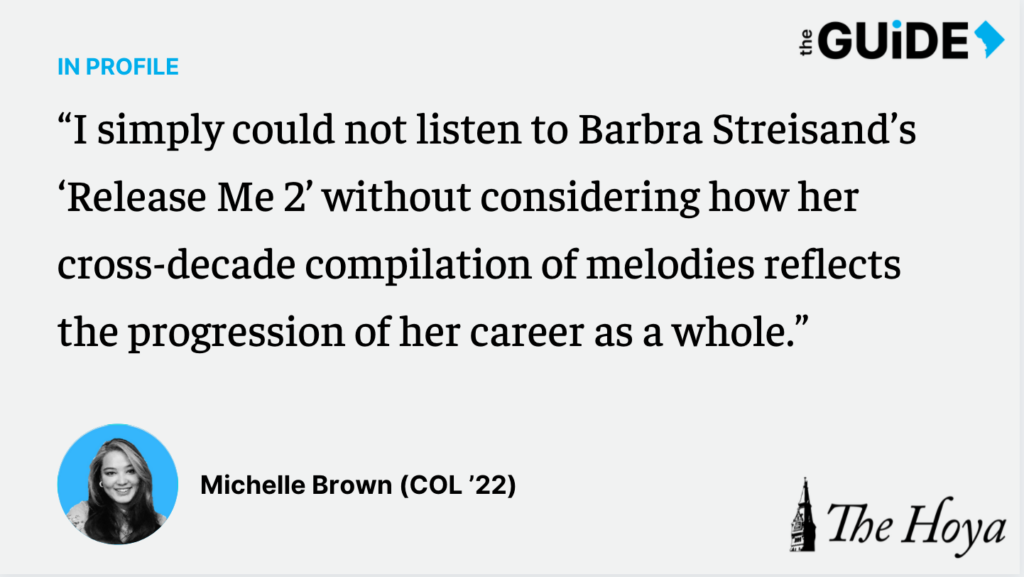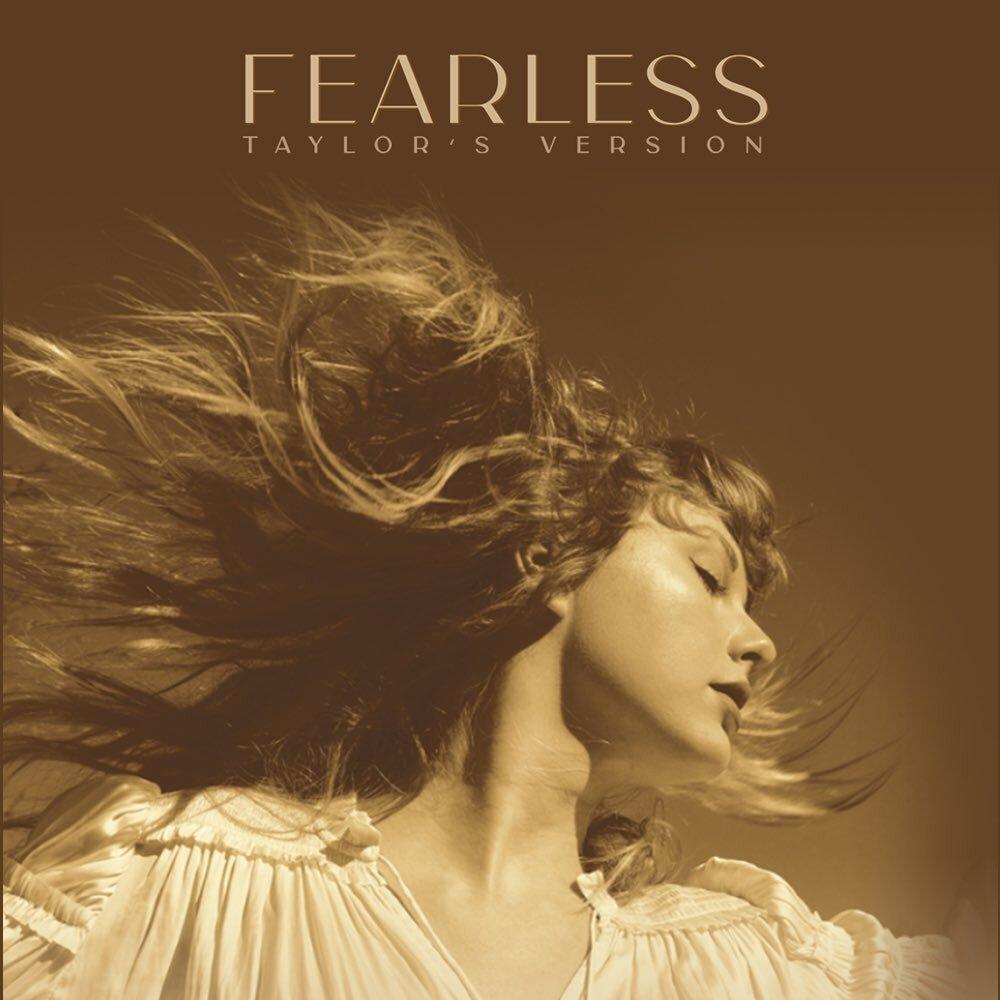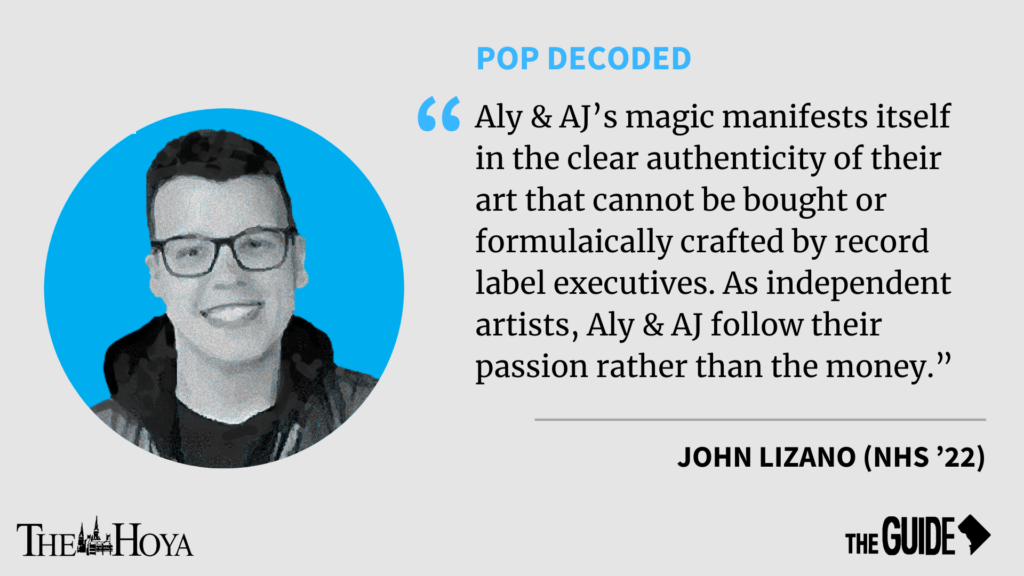So I got to see a pre-screening of Baz Luhrman’s eagerly awaited The Great Gatsby adaptation last night — one of the perks of dating a Guide writer, wudduppp — and (*spoiler alert*) it was awesome.
While stars like Leonardo DiCaprio and Tobey Maguire have been a big draw, another major attraction of Gatsby has been its score, which was executive-produced by none other than Jay-Z, of all people.
The song that has undoubtedly received the most buzz off the soundtrack has been Lana del Rey’s haunting ballad “Young and Beautiful,” which at first listen — and at least the next 30, if my own experience is any indication — seems to be a declaration from del Rey that her lover’s affection will transcend age and appearance. It’s a message that would seem to fit in well with Gatsby’s fierce love for Daisy, as his futile fight against the flow of time comprises one of the main motifs of the story.
Something clicked for me on Monday, though, while playing one of the many versions: The bridge (“Dear Lord, when I get to heaven…”) is not the only part of the song that is directed towards God. In fact, the whole song is.
See what I’m getting at?
Del Rey is talking in the second person during the chorus, just as she is during the bridge when asking God to let “my man” accompany her into the afterlife. Notice how her “man” is referred to as if he isn’t even there as the events of the song are going on — it’d be quite the odd choice for her to suddenly change whom she’s addressing two-thirds of the way through, so it’s more likely that she’s calling out to one constant person the whole time.
That interpretation may not be as romantic, for sure, but the chorus would certainly still make sense when taken this way. Rather than singing on the strength of her man‘s love (“I know that you will”), she’s instead referring to what she believes to be God‘s undying love.
Maybe, then, she’s just trying to butter Him up a bit before asking to sneak her lover through the Pearly Gates. Not a bad strategy, if you ask me.
Then again, who knows? It’s finals week, after all — I’m starting to get a bit existential.
Agree? Disagree? Shout out in the comments.
This is the first in a series of many articles providing personal musical commentary.



